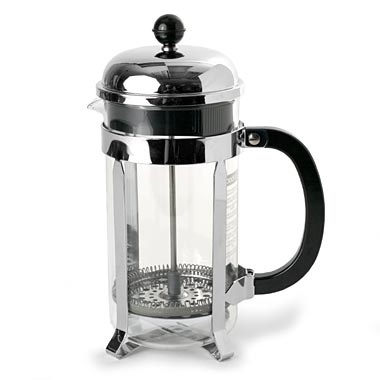megs80
Well-Known Member
- Joined
- 13/5/09
- Messages
- 166
- Reaction score
- 0
Hey all,
I came across this on a food science blog the other day. It involves using pressure to extract flavour and aroma into a liquid using pressure. At the moment I no chill my beers and have been wondering the best way to get a good hop forward beer with this method.
Im going to give this a go next brew by just adding 40 or so grams of hops to some warm water then straining into a keg of beer, I own an isi whip and have a load of charges but my thoughts are is you dont, maybe a plastic bottle with a carbonation cap using C02 would work just as well?
Anyway, thought it might be intersting as lots of us love hops and no chill.
Cheers
http://blog.khymos.org/2010/08/21/wonders-...ction-pressure/
I came across this on a food science blog the other day. It involves using pressure to extract flavour and aroma into a liquid using pressure. At the moment I no chill my beers and have been wondering the best way to get a good hop forward beer with this method.
Im going to give this a go next brew by just adding 40 or so grams of hops to some warm water then straining into a keg of beer, I own an isi whip and have a load of charges but my thoughts are is you dont, maybe a plastic bottle with a carbonation cap using C02 would work just as well?
Anyway, thought it might be intersting as lots of us love hops and no chill.
Cheers
http://blog.khymos.org/2010/08/21/wonders-...ction-pressure/





